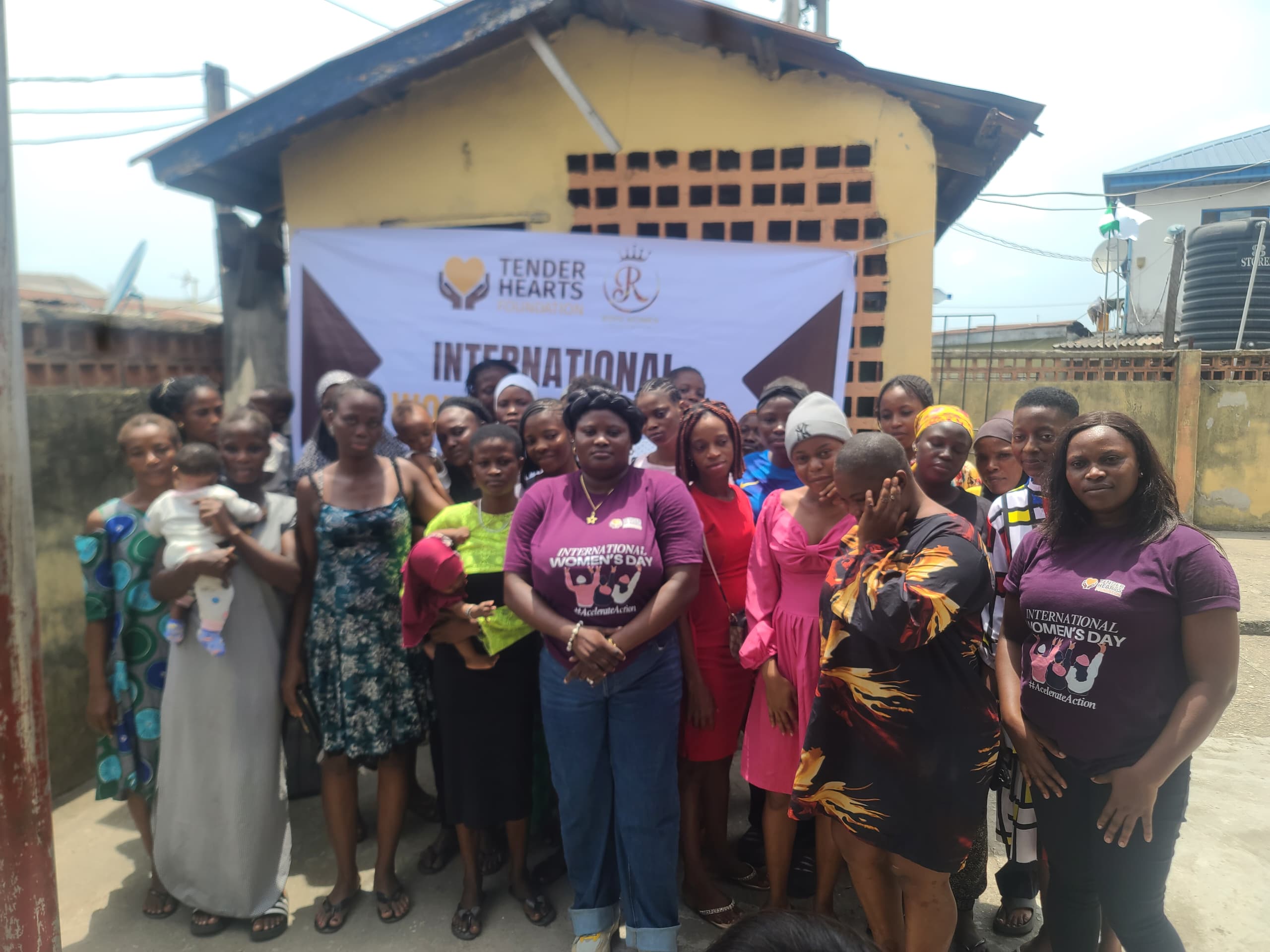Tender Hearts Foundation celebrated the International women’s day in Ajegunle community on the 12th of March 2025 in partnership with an organisation Rishi Women Essential with the theme of the year “For ALL women and girls: Rights. Equality. Empowerment”, emphasizing the need to accelerate action for achieving gender equality. This year’s theme also marks the 30th anniversary of the Beijing Declaration and Platform for Action, a landmark document that has transformed the women’s rights agenda worldwide
THF spoke on why Mental Health Matters for Women
1. Higher risk of anxiety and depression: Women are more likely to experience anxiety and depression due to various factors, including hormonal changes, societal expectations, and trauma.
2. Societal pressures and expectations: Women often face unrealistic expectations around beauty, relationships, work, and caregiving, leading to stress, anxiety, and feelings of inadequacy.
3. Trauma and violence: Women are more likely to experience trauma, including domestic violence, sexual assault, and harassment, which can have long-lasting effects on mental health.
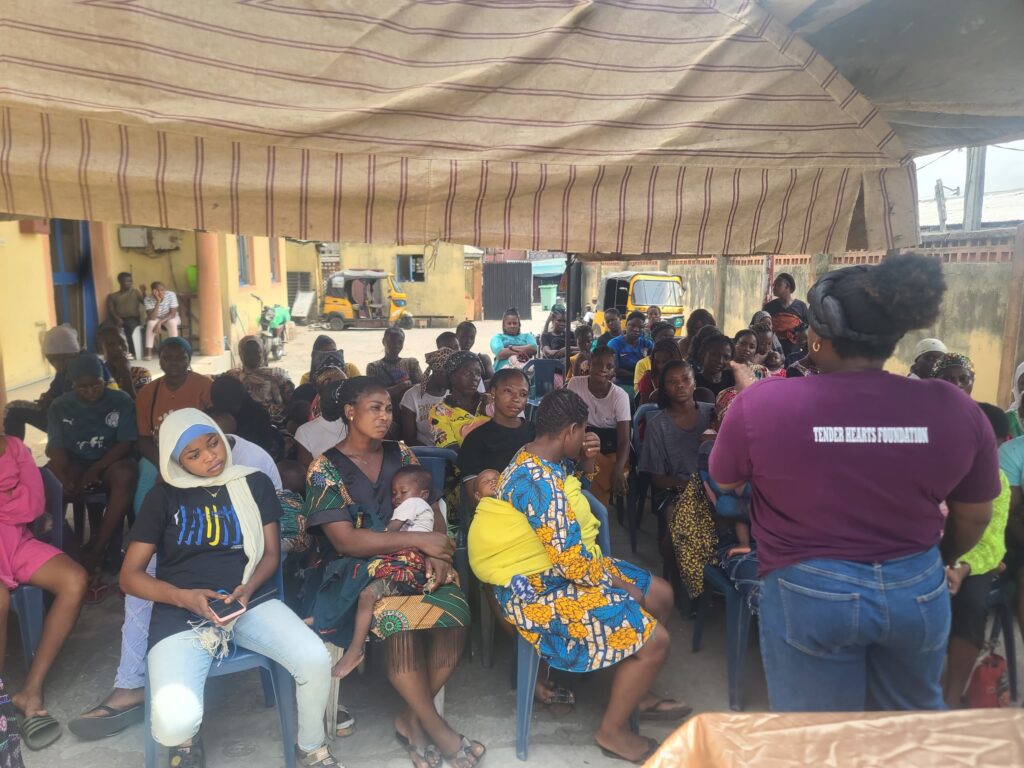
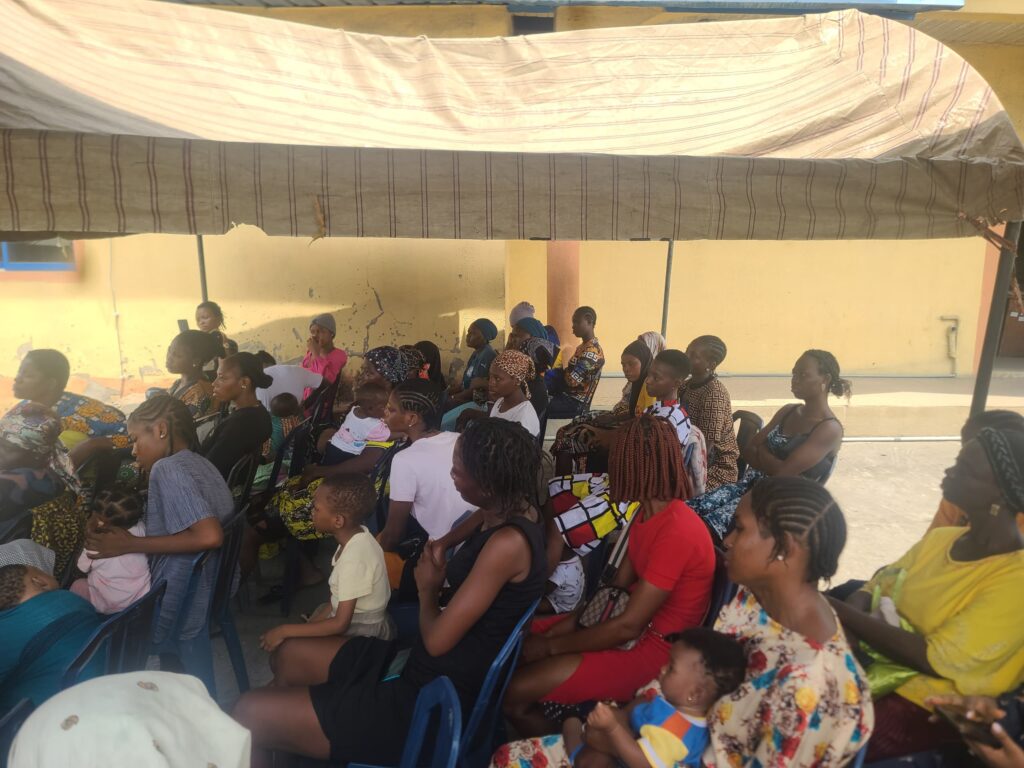
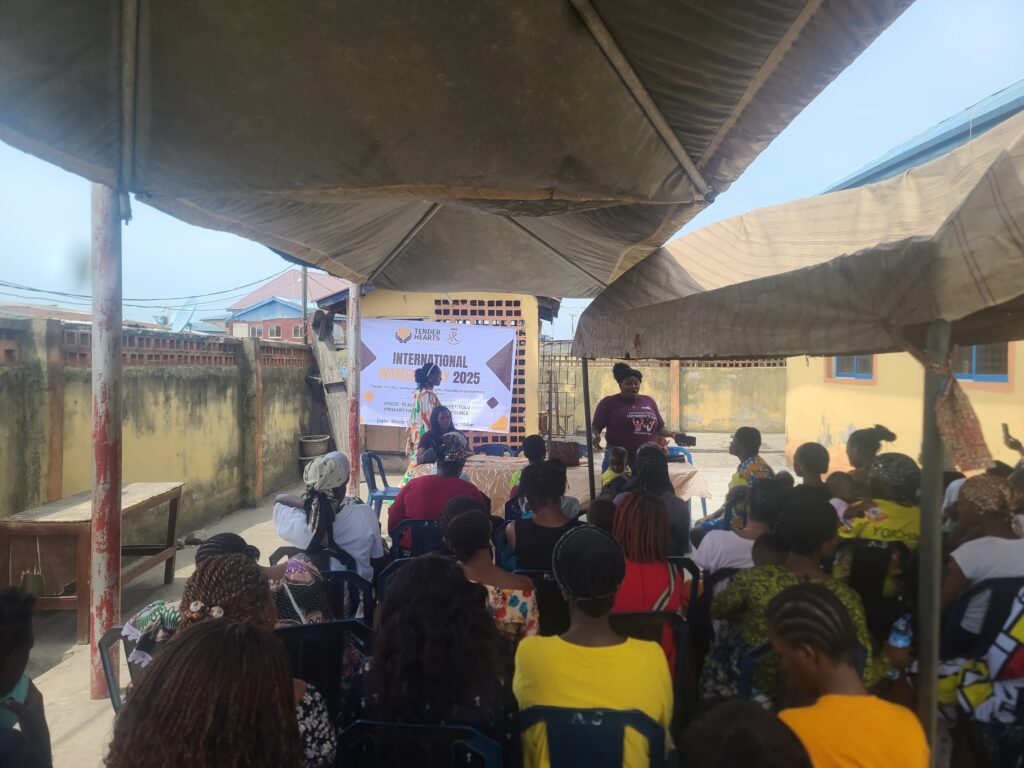
• Ways to Prioritize Mental Health
1. Self-care: Engage in activities that bring joy and relaxation, such as exercise, meditation, or hobbies.
2. Seek support: Connect with friends, family, or a therapist for emotional support and guidance.
3. Practice mindfulness: Focus on the present moment and let go of worries about the past or future.
4. Set boundaries: Learn to say “no” and prioritize your own needs and well-being.
5. Seek professional help: If struggling with mental health issues, consider seeking help from a mental health professional.
Rishi Women Essential introduced a new intervention in reducing environmental hazard in the communities and Nigeria as a whole, which is “MENSTRUAL CUP” is a feminine hygiene product used to collect menstrual fluid during a woman’s period. It’s a small, bell-shaped cup made of silicone or latex that’s inserted into the vagina to catch menstrual flow
How it works:
1. The cup is folded in two parts and inserted into the vagina, where it opens up to collect menstrual fluid.
2. The cup creates a seal with the vaginal walls to prevent leaks.
3. When the cup is full, it’s removed, emptied, and cleaned before being reinserted.
Benefits:
1. Eco-friendly: Menstrual cups can be reused for up to 10 years, reducing waste and the environmental impact of disposable products.
2. Cost-effective: Although the initial cost may be higher, menstrual cups can save money in the long run.
3. Comfortable: Menstrual cups can be more comfortable than pads or tampons, as they don’t cause dryness or irritation.
4. Convenient: Menstrual cups can be worn for up to 12 hours, making them a great option for women with busy lifestyles.
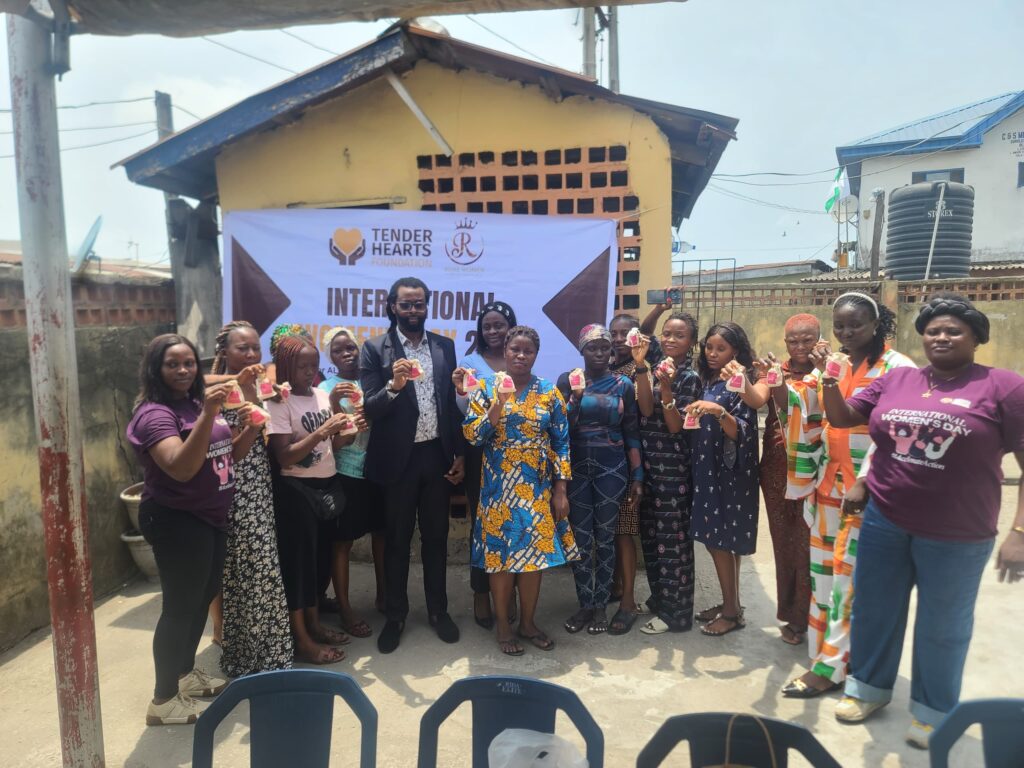
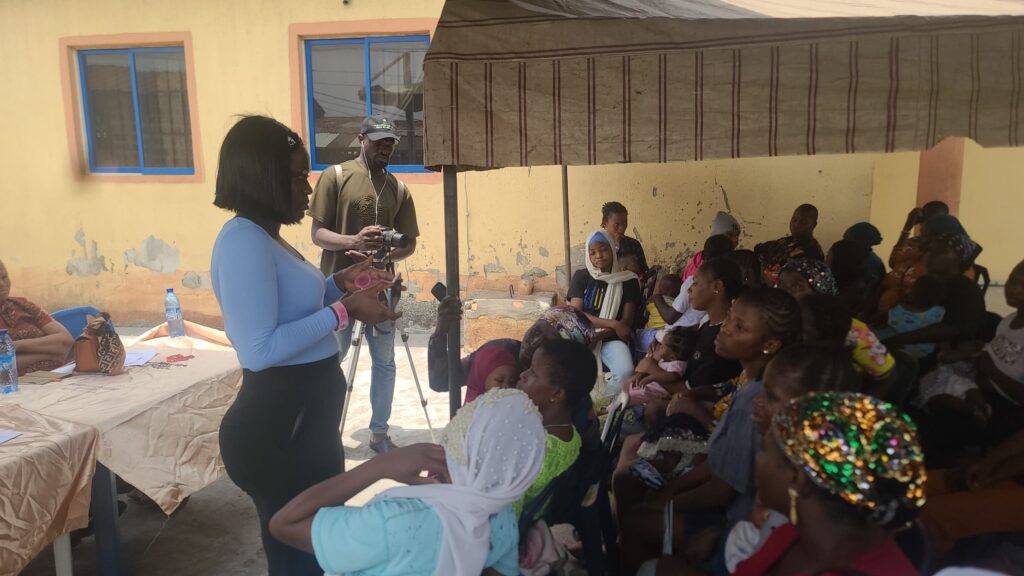
Types of menstrual cups:
1. Silicone cups: Made from medical-grade silicone, these cups are soft and flexible.
2. Latex cups: Made from natural latex, these cups are firmer than silicone cups.
3. Disposable cups: Made from medical-grade plastic, these cups are designed for single use.
Things to consider:
1. Size: Choose a cup that fits your body and flow.
2. Material: Consider any allergies or sensitivities when choosing a cup material.
3. Insertion and removal: It may take some practice to insert and remove the cup comfortably.
4. Cleaning and maintenance: Regularly clean and sterilize the cup to prevent infection.
Overall, menstrual cups are a safe, sustainable, and comfortable option for women to manage their periods.
Why Empowerment and Equality Matter
1. Human rights: Empowerment and equality are fundamental human rights, essential for dignity and well-being.
2. Social justice: Empowerment and equality promote social justice by addressing systemic inequalities and discrimination.
3. Economic growth: Empowerment and equality can drive economic growth by unleashing the potential of marginalized groups.
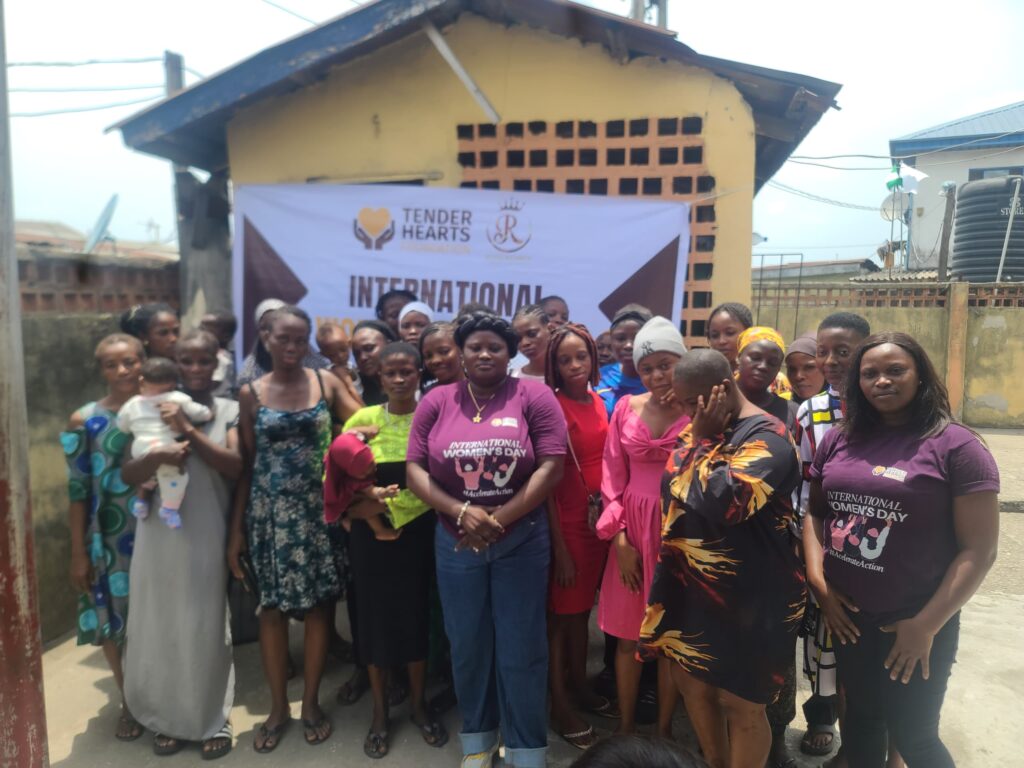

Barriers to Empowerment and Equality
1. Discrimination and bias: Systemic discrimination and bias can prevent marginalized groups from accessing opportunities and resources.
2. Societal norms and stereotypes: Harmful societal norms and stereotypes can perpetuate inequality and limit empowerment.
3. Lack of representation and voice: Marginalized groups may lack representation and voice in decision-making processes, perpetuating inequality.
Strategies for Promoting Empowerment and Equality
1. Education and awareness: Educating people about empowerment and equality can help challenge discriminatory attitudes and behaviors.
2. Policy and legislative reforms: Advocating for policy and legislative reforms can help address systemic inequalities and promote empowerment.
3. Community engagement and mobilization: Engaging and mobilizing communities can help promote empowerment and equality by amplifying marginalized voices.
4. Leadership development and mentorship: Developing leadership skills and providing mentorship opportunities can help empower marginalized groups.
TVC media covered the whole women’s day event
The program end with 55 women in attendance, closing prayer at exactly 2:30PM with closing prayer by Blessing Ameh and refreshments was distributed to them group photographs was as well taken

